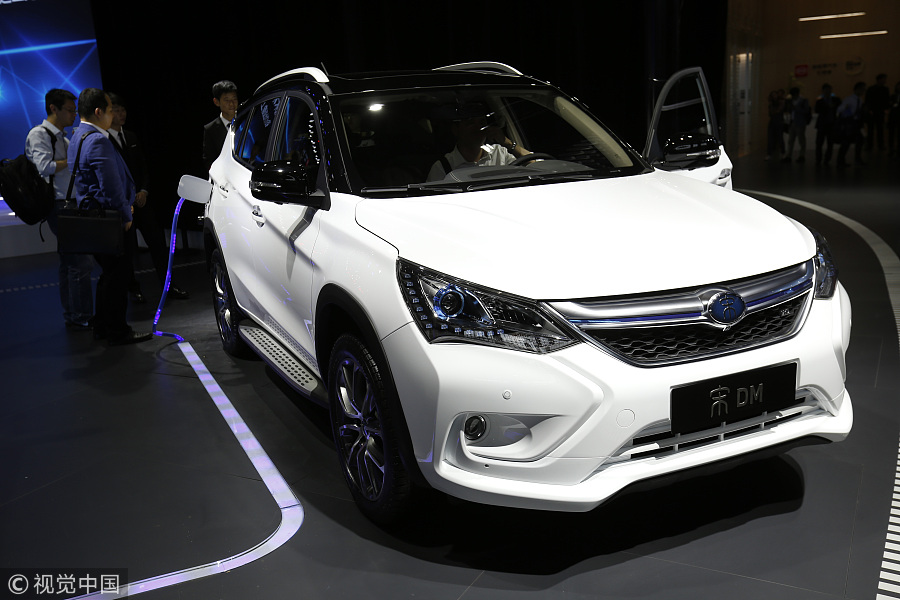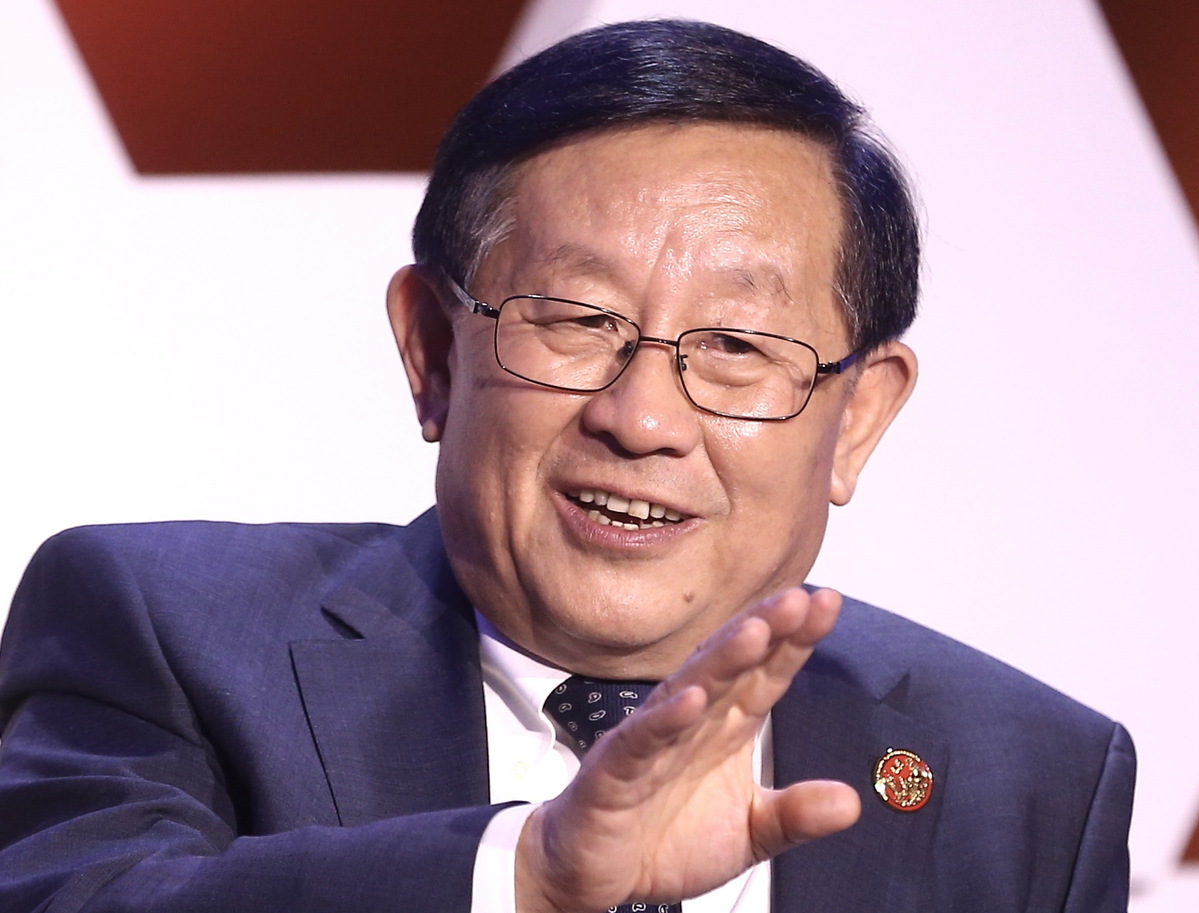Electric vehicles on the fast track


The market share of electric automobiles is expected to reach 30 percent of China's total vehicle sales by 2030, thanks to fast growth momentum due to technological breakthroughs in fuel cells, the car-sharing economy and the younger generation's green lifestyle, industry officials said on Wednesday.
Wan Gang, chairman of the China Association for Science and Technology, said as the mileage of electric vehicles in China is still relatively limited, the country will deploy more resources in the research and development of fuel cells to improve the endurance capacity of batteries.
"We will also strengthen the safety and innovation capacity of charging technologies in infrastructure construction, as well as seek adequate measures to optimize subsidy policies to encourage more consumers to purchase electric vehicles to cut the environmental impact caused by gasoline," said Wan, who also is China's former science and technology minister.

Many Chinese cities such as Taiyuan, Shenyang and Shijiazhuang have encouraged clean energy-powered transport as part of the nation's efforts to protect the environment.
Guangzhou, capital of Guangdong province, plans to more than triple the number of full-electric buses on its roads to 10,000 this year. A work plan issued by the provincial government in 2017 required that all of Guangzhou's buses should be electric by 2020. The city currently has more than 14,000 buses powered by both electricity and gasoline.
With more than 16,000 electric buses on its roads, Shenzhen has also set targets to upgrade its city buses to electricity by the end of this year and transfer all its taxis to electric power by 2020.
Wan stressed that digital and automatic driving technologies, emerging businesses including car-sharing and the growing efficiency of private car use would continue to improve the popularity of electric vehicles and facilitate their sales across the country.
Francois Provost, chairman for Asia-Pacific region of Renault Group, said promoting electric vehicles in public transport sector and the car-sharing economy can let people know the benefits of using environment-friendly transportation products, and they are also cheaper to drive for private users.
The government should also step up the transformation of the country's diesel-powered trucks in the logistics and mining industries as they generate a large amount of carbon emissions, said Luo Xin, CEO of GCL System Integration Technology Co, a Jiangsu-based energy company specializing in clean and sustainable power production.
"China also needs to accumulate more technologies and practical solutions to produce batteries for electric vehicles in a cheaper way and handle old batteries in a sustainable way," he said.
Contact the writers at zhongnan@chinadaily.com.cn




































